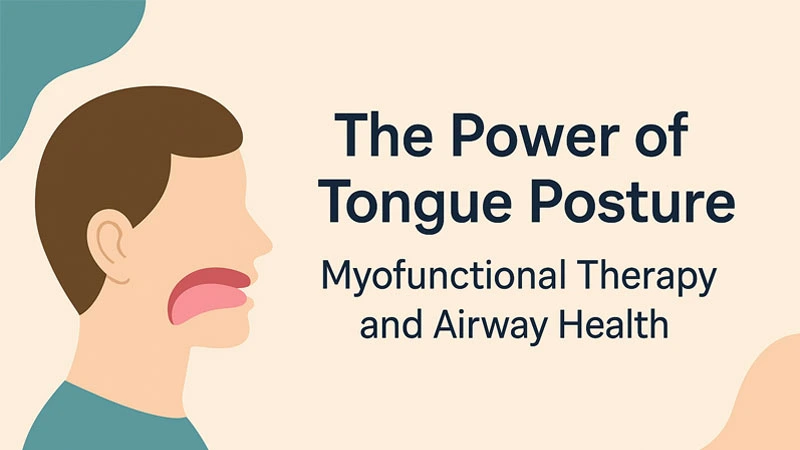5 Myths and Misconceptions about Hypnosis
Interestingly enough, there are still some well known terms like Hypnosis that still get confused.
Why is that you may ask? When information isn’t properly disseminated it becomes easier to have information gaps that change the overall meaning or idea of something. That has often been the case with Hypnosis.
Despite the countless collections of information that clearly explain what hypnosis is, there are still many misconceptions and information gaps amongst the general public. Which is why we felt the need to clear up some of the misconceptions.
Hypnosis is “a state of awareness which involves focused attention and reduced peripheral awareness characterized by an enhanced capacity for response to suggestion.â€
Through hypnosis one can basically guide someone into a harmless altered trance state characterized by deep relaxation, highly focused attention, and an extreme openness to suggestions which are usually positive and foster positive therapeutic changes.
The following myths and misconceptions are not what Hypnosis is about. We hope this helps to shed some light on hypnosis and what it can and cannot do.
Myth 1: Hypnosis is mind control
Fact: No one can control your mind, unless you let them.
Hypnosis works by relaxing the conscious mind and allowing the subconscious mind to take over. The subconscious mind is where all of our memories, thoughts and emotions are stored. It controls our autonomic nervous system (the “automatic” functions of our body like breathing and heartbeat) and we have no control over it consciously.
Furthermore, in hypnosis, the client is in control of their experience at all times. They can choose to open or close their eyes. They can choose whether they want to be hypnotized or not. They can choose whether they want to follow suggestions or not. They can even choose to wake up whenever they want while in hypnosis (although this is rare). The hypnotist is there only as a guide and facilitator.
A good hypnotist will never try to force someone into doing something against their will because it will not work anyway!
Myth 2: Hypnosis is for the weak minded
Fact: The truth is that everyone can be hypnotized.
As a matter of fact, each one of us is using hypnosis in some form every single day of our lives either consciously or unconsciously.
When we watch the news, our minds are focused on what is being said and the story being told. We become mesmerized by the story and therefore are easily persuaded by it. We also use hypnosis to relax ourselves when we do things like read a book, watch TV, listen to music, pray or meditate.
Regardless of the state of your mind, strong or weak, a person who resists being hypnotized will be a poor hypnotic subject. On the other hand, a cooperative, strong or weak-minded person will make a good subject.
Hypnosis can, however, aid in the development of a stronger mind since it allows a person to have more control over their body and mind.
Myth 3: Hypnosis causes amnesia
Fact: Everyone has a different way of experiencing hypnosis; for some, it’s a state in which you pay closer attention to what the hypnotist is saying and pay attention more intently; for others, it’s more like daydreaming and your attention may drift and wander from one thought to another, occasionally not paying any conscious attention to what the hypnotist is saying.Â
Both options are acceptable; neither will be more or less successful than the other. But sometimes people may unconsciously forget some of the things a hypnotherapist is talking to them since their attention is diverted to another area.
However, in hypnotherapy the forgetting of information may suggest that it has merely been noted by the inner mind and does not need to be made available to the thinking mind.
Myth 4: Hypnosis is dangerous or evil.
Fact: Hypnosis is a safe and effective tool for helping people achieve desired results in their lives, including quitting smoking and weight loss.
Hypnosis should only be used by someone trained in its use in order to avoid any possible negative consequences that could result from misuse or misunderstanding of the process.
While people also believe hypnosis to be evil/supernatural. This simply isn’t true. Hypnosis is a natural state that has been studied scientifically. Hypnotherapists are not Psychics or Palm Readers with “special powersâ€. Hypnotherapy is based on many years of clinical research by famous Psychologists such as Dr. Sigmund Freud and Dr. Carl Jung, and more recently, by Dr. Milton Erikson and Dr. John Kappas.Â
Myth 5: Hypnosis makes you sleep
Fact: When leading a client into a hypnotic trance in the past, hypnotherapists did make recommendations of “sleep.”
However, the majority of hypnotherapists now concur that doing so can make the subject unclear about the mental state they are trying to induce. Nevertheless, this is rarely done today.
Nowadays, the majority prefers to advocate profound relaxation over sleep. A somewhat outmoded perception of a hypnotist is, however, still prevalent in the media.
Conclusion
The above five myths are not the only ones out there. There are still quite a few misconceptions and myths circulating about hypnosis.
In some cases, it’s possible that these myths originated as a result of poor information dissemination. In other cases, followers of different belief systems/philosophies have been involved in perpetuating these myths.
Hypnosis has also been portrayed in media (usually movies or novels) in a way that deviates from real life. Such false or exaggerated portrayals of hypnosis can lead to misconceptions about what the practice truly is and how it works.
To find out more about how hypnosis works or if you have more questions to ask specific to your situation, please feel free to give us a call on 303-226-6265. Dr. Safavi & the Aligned Healing Team would be happy to help.







